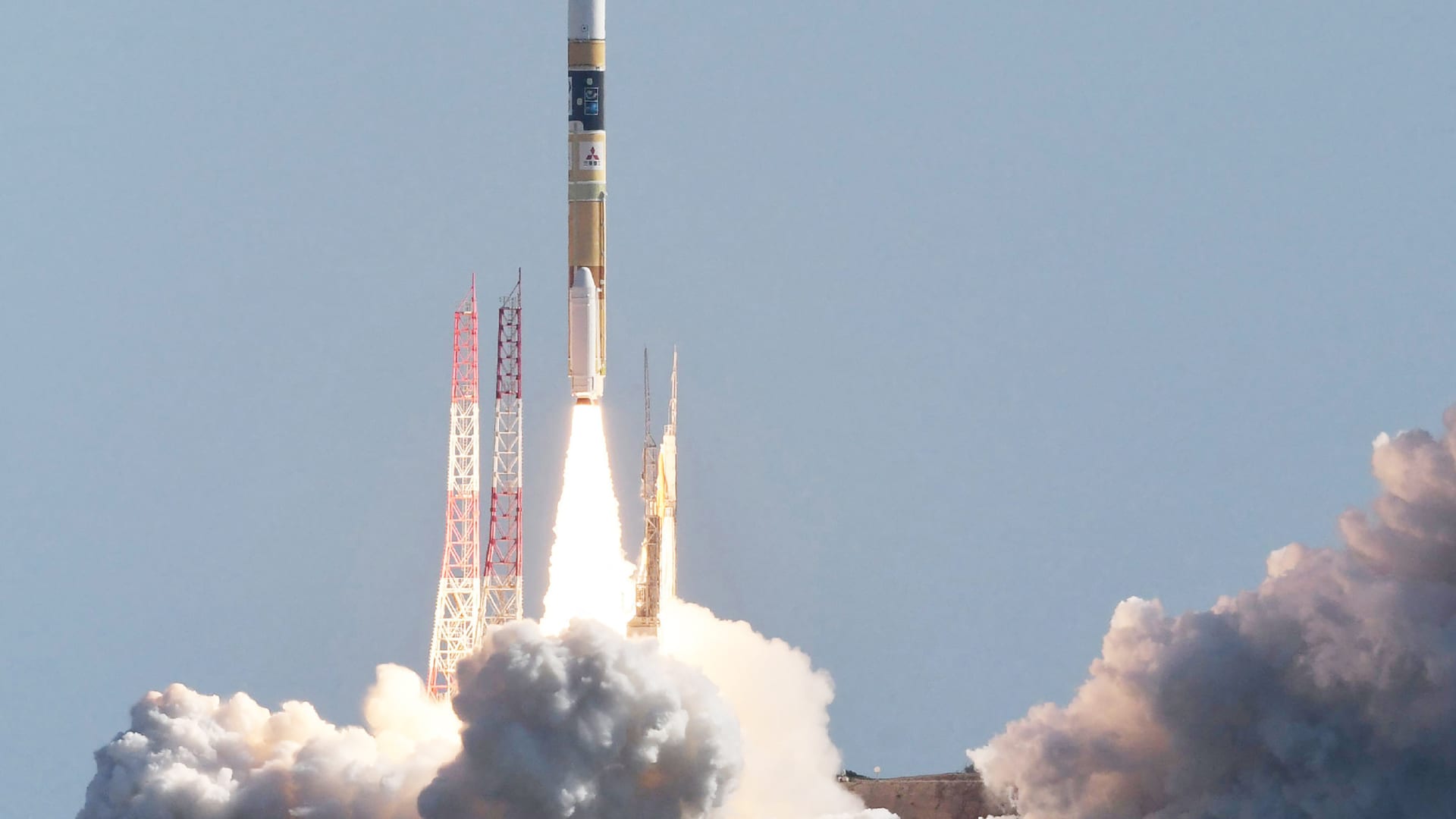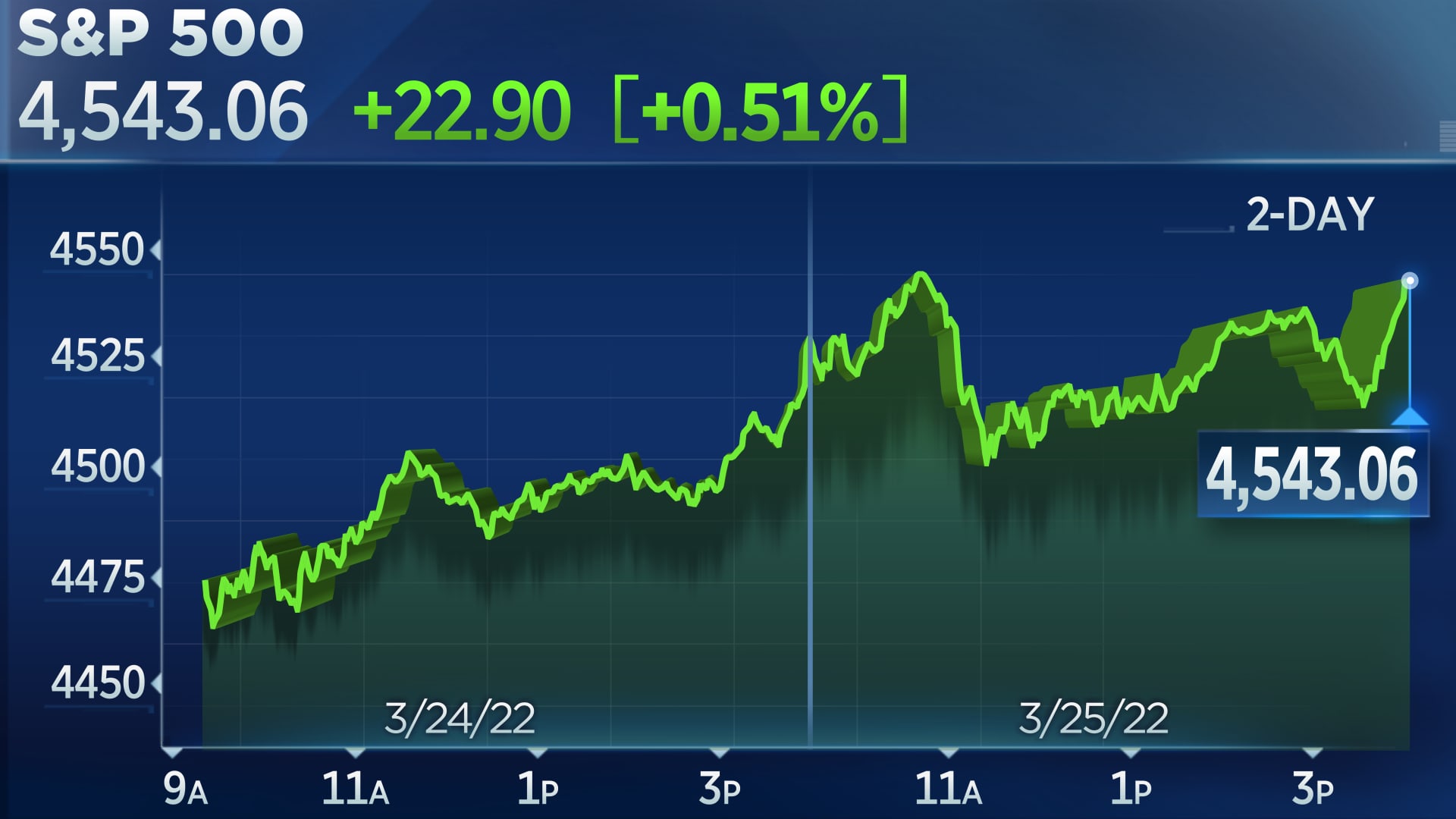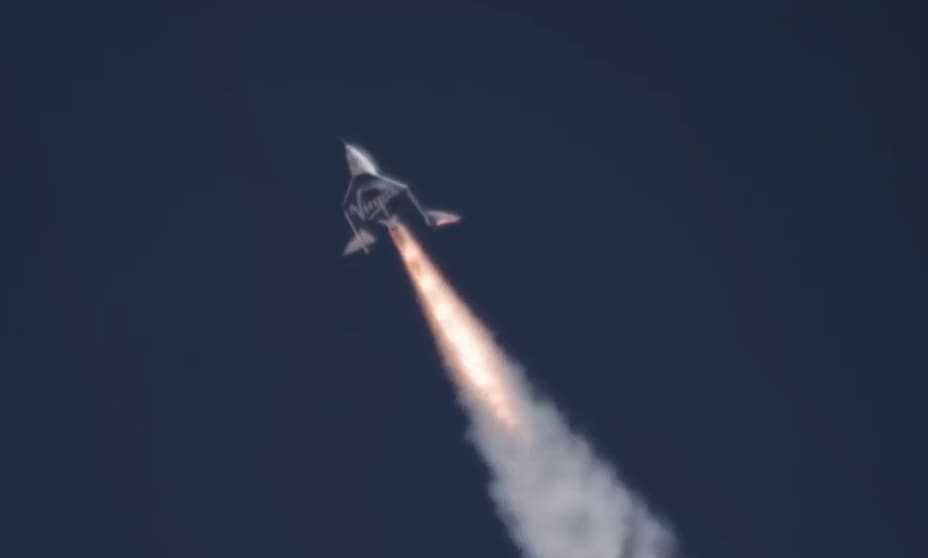After two failed attempts in the past year, Japan could be next in line to land on the moon
Last month, Japan's Aerospace Exploration Agency (JAXA) launched a lunar exploration spacecraft from its Tanegashima Space Center.

An H2-A rocket carrying a small lunar surface probe and other objects lifts off from the Tanegashima Space Centre on Tanegashima island, Kagoshima prefecture on September 7, 2023.
Str | JIJI Press | Afp | Getty Images
Japan has failed twice to make its mark on the moon in the last 12 months, but optimism surrounds its latest attempt which could see the Asian nation become the fifth country to touch the lunar surface.
"I have no reason to believe that Japan wouldn't be successful," said Kari Bingen, director of the Aerospace Security Project and a senior fellow in the International Security Program at the Center for Strategic and International Studies (CSIS).
"The two failures they had earlier were very different ones."
Bingen warned that despite the country's strong space science program, the mission is "very technically sophisticated" and it will be hard.
Last month, Japan's Aerospace Exploration Agency (JAXA) launched a lunar exploration spacecraft from its Tanegashima Space Center.
On board the rocket was an X-ray telescope which aims to calculate the speed and makeup of what lies between galaxies, as well as a lightweight lander that is scheduled to land on the moon in the first half of 2024, the agency said.
The Smart Lander for Investigating Moon, or SLIM, successfully completed the "Earth orbit phase" on Oct. 1, which meant that it had transitioned from the Earth's orbit and is heading toward the moon.
A SpaceX Falcon 9 rocket launches the HAKUTO-R Mission 1 from the Cape Canaveral Space Force Station in Cape Canaveral, Florida on Dec. 11, 2022.
Anadolu Agency | Anadolu Agency | Getty Images
The East Asian nation's third attempt comes just five months after Japanese startup ispace failed in its endeavor to become the world's first private company to land on the moon due to a software glitch. Japan also discarded efforts to land its Omotenashi spacecraft on the moon in November after failing to stabilize communication.
Japan's success this time around could be a leap for space exploration more broadly.
Unlike successful moon landings from other countries, SLIM could be the first lunar lander to land within an accuracy of 100 meters, compared to the usual range of a couple of kilometers, JAXA said in a report.
"If you're going to establish a human base on the moon, you need to land with accuracy, precision and reliability," Bingen said, explaining that it would help pinpoint where in the southern region of the moon scientists would want to explore to discover resources.
In August, India became the fourth country to land on the moon, but the first to land on its unexplored South Pole where there had been recent discoveries of traces of water ice.
"The story of finding water on the moon, but also in different places in the solar system as part of our search for extraterrestrial life is always exciting," said Ehud Behar, former director of the Norman and Helen Asher Space Research Institute.
Behar also highlighted that India's bounce back from a failed lunar landing in 2019 is one to take lessons from.
"It shows that they are learning from their mistakes — a very important aspect of space exploration," said Behar, who is also Phillip and Sarah Gotlieb Memorial Chair at the Technion–Israel Institute of Technology.
"If you're a software engineer and write a piece of software, somebody can find a bug and you can fix it. In space, you have to go back five to six years to rebuild, relaunch and make sure that your next mission is successful."
Racing ahead of China
As Asia's space race continues to intensify, the U.S. has grown increasingly keen to cooperate with the region, and countering China is one of the biggest factors, according to Bingen.
In January, the U.S. and Japan signed an agreement to strengthen their bilateral cooperation in space, which includes working together to explore the moon and other planets. Japan was also one of the seven original partner countries to sign the Artemis Accords in 2020.
The Artemis Accords is a set of statements that establishes how countries can cooperate peacefully and responsibly when exploring the moon.
"China wants to set the rules in its favor … We've seen them use that playbook here on Earth … We've seen what they've done in the South China Sea in terms of asserting that it's theirs," Bingen said.
"I would believe that they would seek to do the same thing on the moon, that's their playbook."
A model of China's space station on display at the 2023 Shanghai World Capital Design Conference on Sept. 26, 2023, in Shanghai, China.
Nurphoto | Nurphoto | Getty Images
Bingen also noted that although China is a "part of the equation," it's not the only reason for cooperation on space exploration.
"Everything from your national pride, scientific discovery, economic benefit, national security, technology advancement … All of those reasons will continue to drive the race to the moon."
Other countries in Asia are part of the Artemis Accords too. India became the latest signatory in the region when Indian Prime Minister Narendra Modi visited the U.S. in June.
Singapore remains the only Southeast Asian country that has signed the agreement.
Competition between the U.S. and China does not stop there and both countries have aimed to send astronauts up to space by this decade.
"If you ask me as a scientist, I'll tell you sending astronauts to space is a colossal waste of money. Sending a robot to do tests in space is much cheaper and safer," Behar said.
"But as a human being, the sense of excitement of exploring space in person is never going to stop and I don't think it should stop," he added. "Having colonies on the moon or on mars is a dream that could one day come true."
— CNBC's Michael Sheetz contributed to this report.

 Hollif
Hollif 































